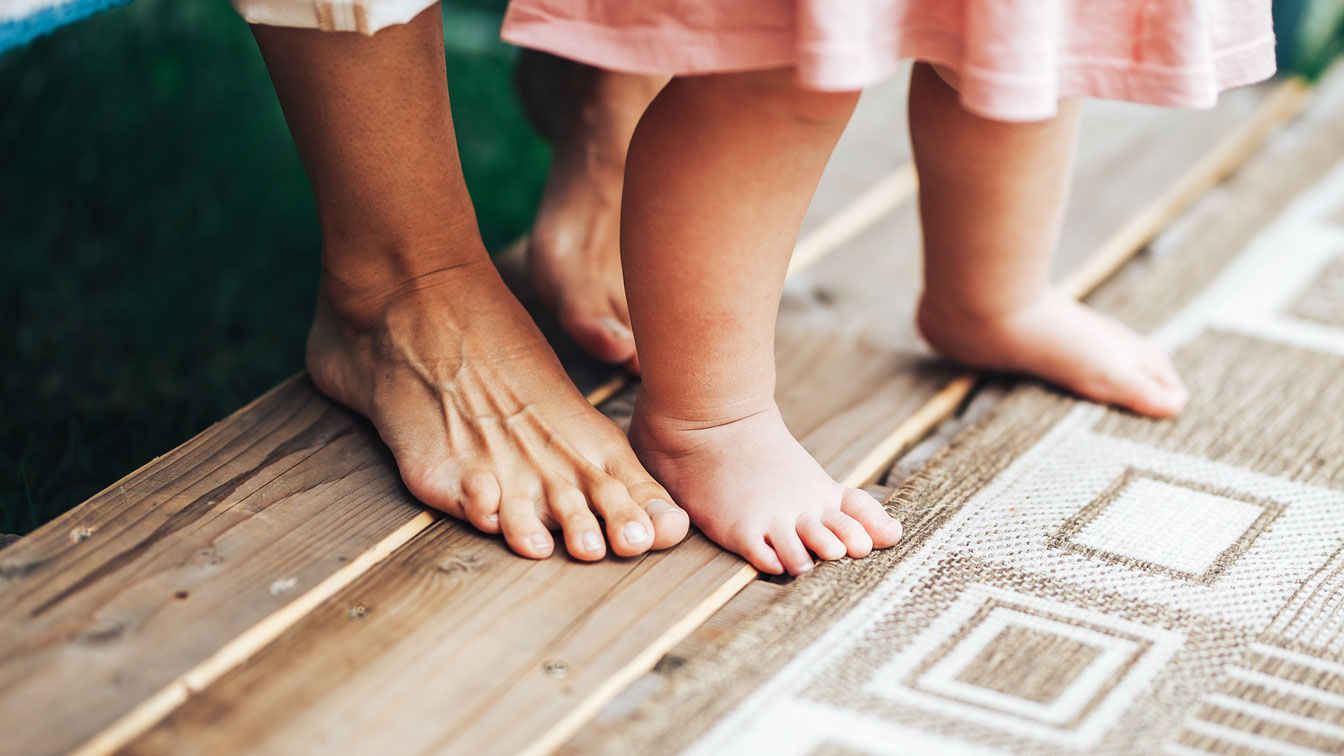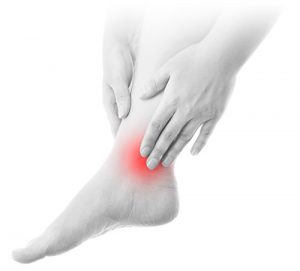Shoes – such an integral part of our daily lives. But how often do we really think about what our footwear can do for us? Or more importantly, how our footwear can be hurting us. When we’re young, often we get our feet sized and shoes fitted appropriately. But how many of us can say that we’ve checked our fit once we’re adults?
We carry our shoe size in our mind’s compendium of life’s important numbers. But unlike other numbers, like our date of birth, our shoe size is not as fixed as we may believe it to be. A shoe size is as variable as the sizing of a pair of pants. Each brand can have a different interpretation of sizing to another. Then let’s factor in the conversions between European, US and UK sizing – yikes!
What can happen if we wear the wrong size shoe?
If you’re wearing the wrong size shoe, you will quickly find out how footwear can hinder foot health. Perhaps you’ve already experienced this yourself. Everyone has that pair of shoes in the back of their closet that they don’t wear because they cause blisters. There’s a high chance those shoes don’t actually fit you. Blisters are our number one indicator of whether our shoes are fitting or not.
Ignore a poor fit and you’re likely to get a build up of hard skin called a callus, or worse, a corn. Going deeper than that, a tight-fitting shoe can bind your foot so much that you damage your nerves. If you’ve ever experienced burning, tingling or numbness when you wear your shoes, there’s a high chance you’re wearing the wrong shoes.
Appropriately fitted footwear can be a game changer for your foot health. To learn more about what you’re looking for when fitting your own shoes, book in with one of our podiatrists in your local area.
Read more »







